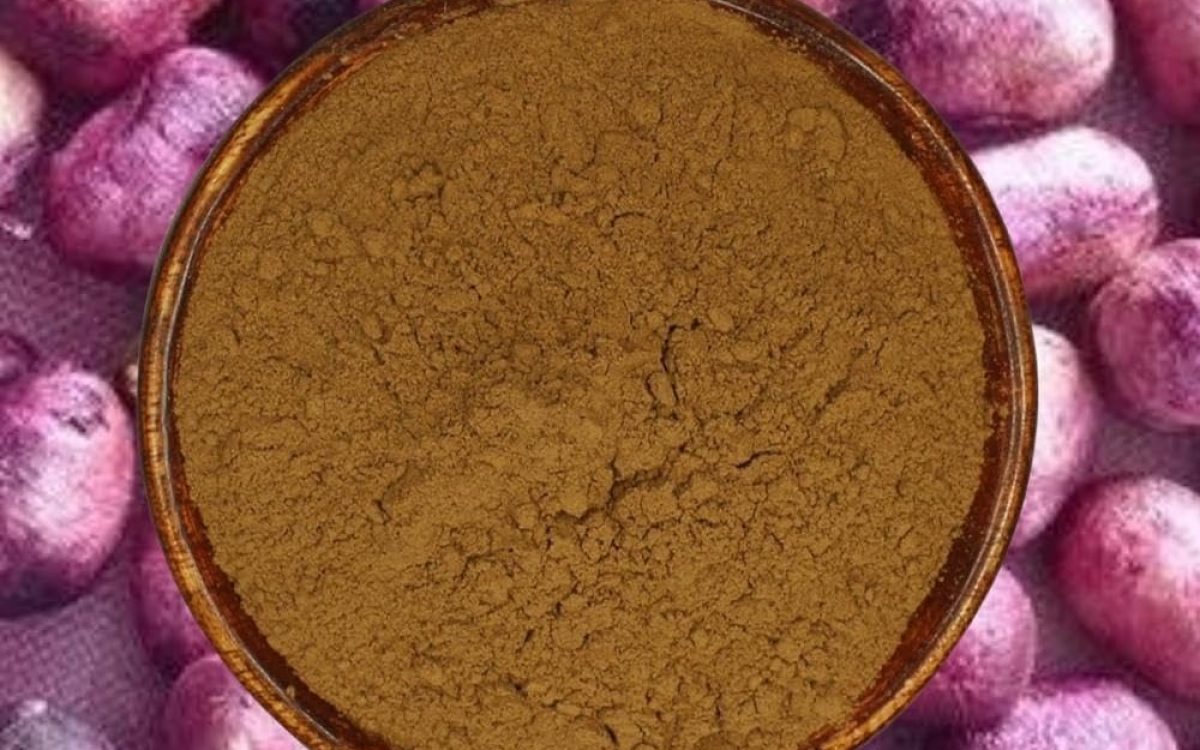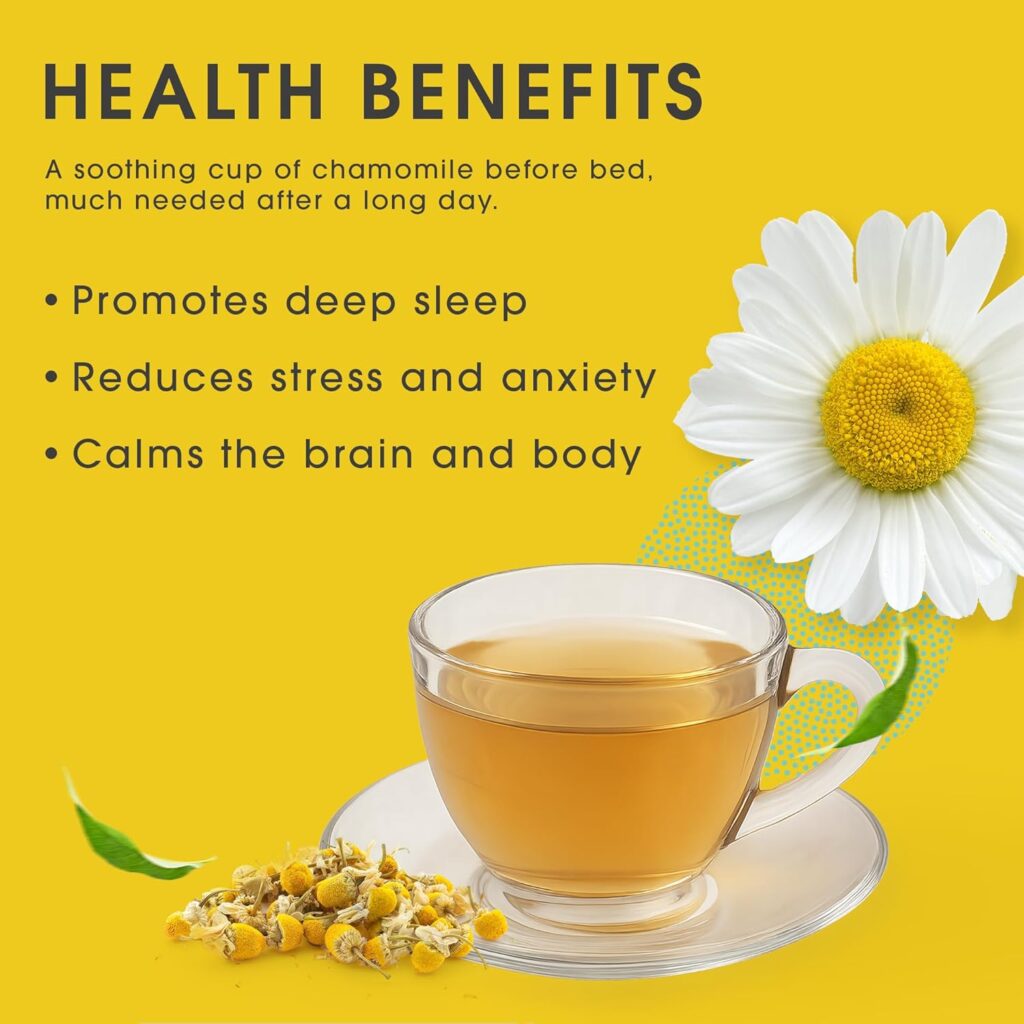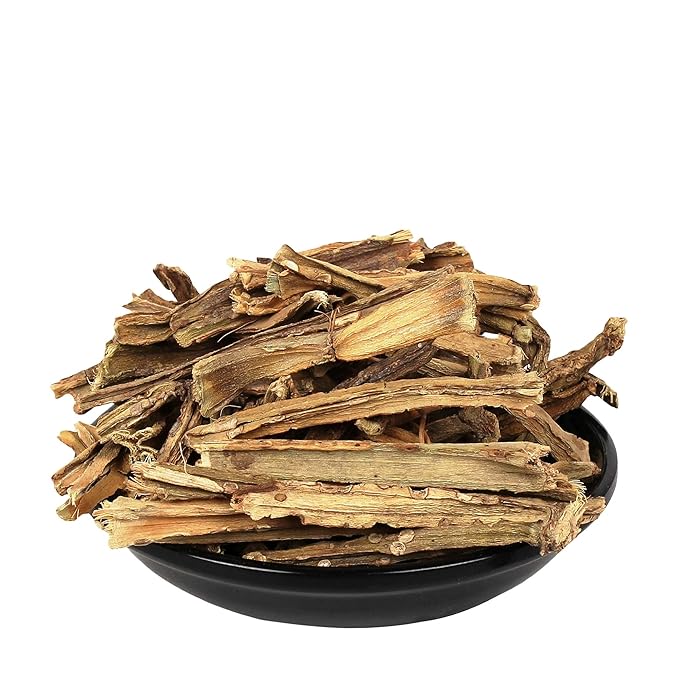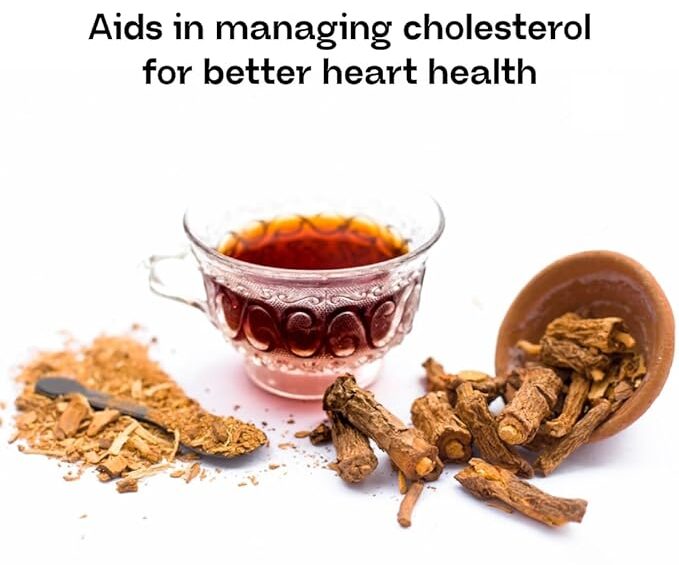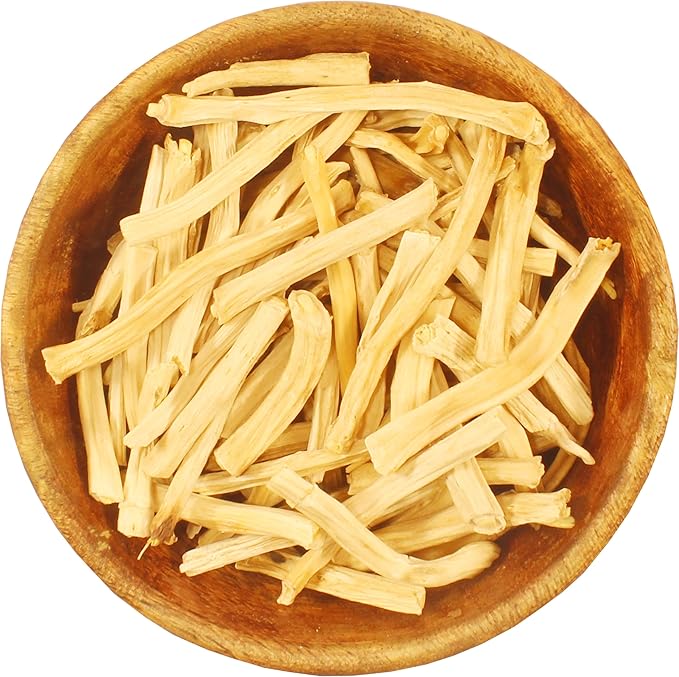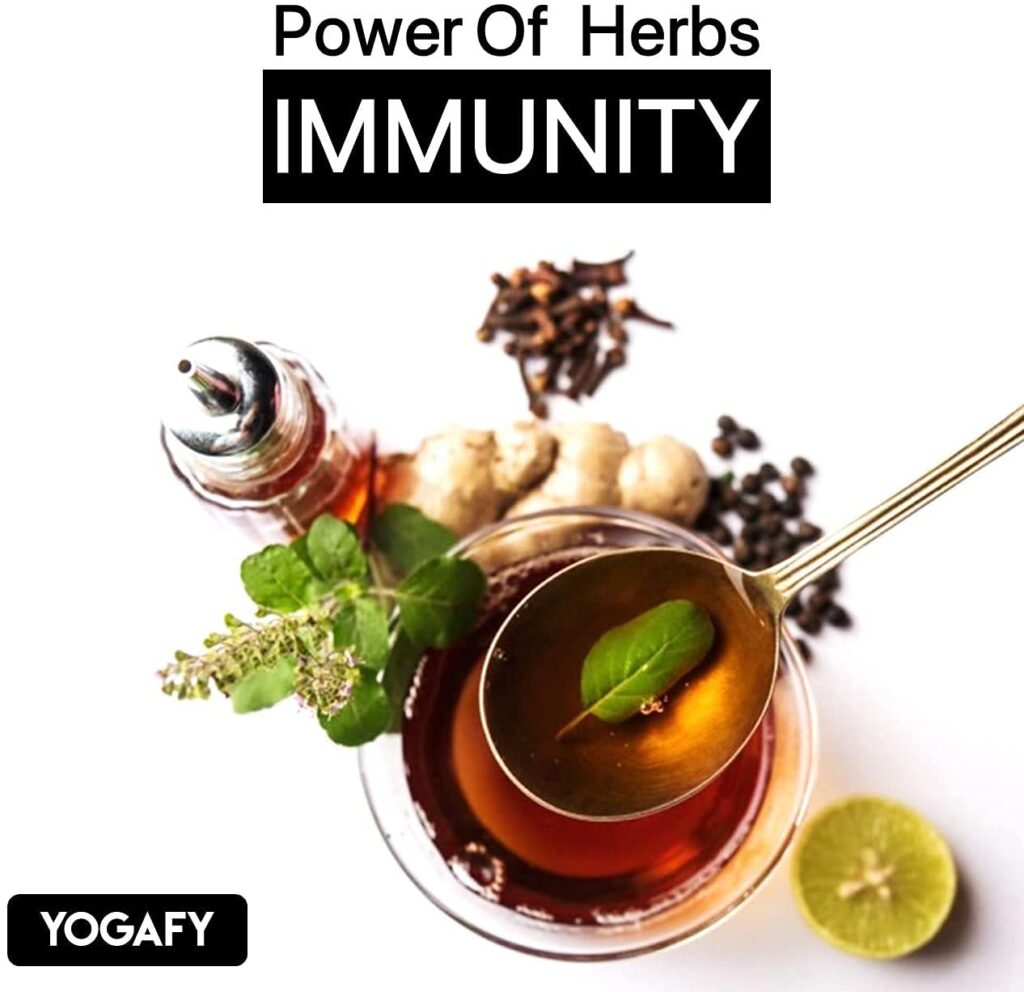You may look the same, feel the same, and still — after 30 — your body starts telling a different story. Not in dramatic ways, but in quiet whispers: low energy, creeping weight, mood swings, or strange little health signs you’ve never noticed before.
What’s happening?
Your metabolism slows down. Hormones shift. Stress adds up. And if you ignore the signs now, those whispers could turn into full-blown problems later.
But don’t worry — this decade is not a health curse. In fact, it can be your strongest, fittest, and most mentally stable decade yet — if you stay aware and act early.
Table of Contents
Why “Health After 30” Needs Your Attention
Your 20s may have survived late nights, skipped meals, and crash diets. But your 30s? Not so forgiving. This is when early signs of chronic disease often start building silently.
Here’s what makes health after 30 different:
- Hormonal changes affect metabolism, weight, and mood
- Inflammation increases if stress and poor food choices go unchecked
- Poor sleep and inactivity can speed up how quickly your cells start aging
- Lifestyle patterns become harder to change if not addressed now
This is the decade where prevention pays off big time.
Your Metabolism & Immunity: The Hidden Pillars of Health After 30
Ever felt like you gain weight faster than before or fall sick more often? That’s not just in your head. After 30, your metabolism — the engine that burns your calories — slows down. Combine that with weakened immunity, and your body becomes more vulnerable to inflammation, fatigue, and infections.
Here’s where health after 30 becomes about strategy, not struggle.
- ✅ Starting in your 30s, metabolism begins to decline by 1–2% every ten years
- ✅ Muscle mass starts declining (unless strength training is done)
- ✅ Your gut powers nearly 70% of your immunity—yet it’s often overlooked in daily care
But the good news? You can reignite your metabolism and boost immunity with:
- Strength-based workouts (even 3× a week is enough)
- Anti-inflammatory foods: turmeric, leafy greens, fermented foods
- Smart fasting cycles (consult a doctor before trying)
Building long-term health after 30 isn’t about perfection — it’s about prevention. Focus on balance, movement, and recovery. Your body is still capable of glowing health — it just needs smarter support now.
Health After 30: Common Problems and What You Can Do
High Blood Pressure (Hypertension)
It often starts silently. You may not feel anything — but your arteries are working harder.
Early Signs:
- Dull headaches
- Tiredness
- Light-headedness
- Shortness of breath on climbing stairs
Remedy & Prevention:
Also Read : Isabgol Benefits
Type 2 Diabetes (Insulin Resistance)
Even slim individuals can experience it—it’s not just a weight issue. Thin people can become insulin-resistant due to stress, poor diet, and inactivity.
Warning Signs:
- Frequent thirst or urination
- Sudden sugar cravings
- Brain fog
- Weight gain around the belly
Remedy & Prevention:
Also Read : Best Mindset Books
Anxiety & Depression
Mental health shifts in your 30s due to family responsibilities, job stress, and hormonal changes — and often gets ignored.
What You Might Notice:
- Lack of motivation
- Overthinking or fear
- Irritability or emotional numbness
Remedy & Prevention:
- Diet: Lift your mood and nourish your gut with bananas, walnuts, chamomile tea, and dark chocolate
- Herbs: Brahmi, ashwagandha, and jatamansi are excellent for calming nerves
- Lifestyle: Practice journaling, morning sunlight, 15-minute tech-free breaks daily
Also Read : Best Indoor Games to Reduce Stress
Joint Pain & Bone Loss (Especially in Women)
Bone strength peaks around 30, then gradually declines if not supported through lifestyle and nutrition. Lack of movement and nutrient deficiencies make it worse.
Signs to Watch:
- Knee or back discomfort
- Cracking joints
- Weak nails or frequent hair fall
Remedy & Prevention:
- Diet: Fuel your body with sesame seeds, ragi, fresh paneer, and homemade curd
- Herbs: Hadjod (Cissus quadrangularis) supports bones
- Wake up your body with gentle yoga like Vajrasana and Trikonasana, followed by a few minutes in the morning sun to recharge your vitamin D
Also Read : Horse Gram for Weight Loss
Early Heart Disease
Yes — even at 30. Poor lifestyle, processed food, and family history can trigger early heart strain.
Common Signs:
- Shortness of breath
- Chest heaviness under stress
- Fatigue after mild activity
Remedy & Prevention:
- Diet: Eat flaxseeds, walnuts, oats, and avocado
- Herbs: Support your heart and immunity with herbs like Arjuna bark tea, turmeric, and garlic
- Lifestyle: Avoid smoking, reduce screen stress, take stretch breaks
PCOS and Hormonal Imbalance
Often flares up after 30 — especially in women with sedentary jobs or erratic sleep.
Symptoms Include:
- Irregular periods
- Adult acne
- Hair thinning or unwanted facial hair
Remedy & Prevention:
Also Read : Saunf Magic (Fennel Seeds)
Health After 30: Simple, Joyful Tweaks Your Body Will Thank You For
Forget fancy routines. Small, steady habits protect you from 90% of lifestyle disorders.
Build Your “Basic Health Kit”
- Whole Foods Diet: 70% fruits, veggies, millets, and pulses
- Stay energized by drinking 8–10 glasses of water and unwinding with herbal tea
- Movement: Daily 20–30 mins of walk, stretch, or mindful movement
- Sleep Ritual: Wind down by turning off screens 45 minutes before bed and sticking to a sleep routine
- Mental Recharge: Nature breaks, music, deep breathing, laughter
Also Read : Room Decoration
Weekly Self-Care Checklist for Health After 30
Turn better health into something you can see and stick to with this simple list:
Also Read : 22 Body Heat Hacks
FAQs About Health After 30
Is it common to feel low on energy after 30?
Yes — but it’s not permanent. Often it’s a mix of poor sleep, low hydration, or vitamin D/B12 deficiency. Fix those first before jumping to conclusions.
What’s the best test to start with after 30?
Start with:
- Blood Pressure
- Blood Sugar (fasting + postprandial)
- Lipid Profile
- Vitamin D & B12
- Thyroid Panel
I’m slim but still unhealthy. Why?
That’s called TOFI (Thin Outside, Fat Inside). Thin on the outside? You could still be dealing with hidden fat, sluggish metabolism, or stress overload.
How can I reduce screen stress without quitting my job?
Also Read : Detox Your Body with Jaggery (Gur)
Final Thoughts: Your 30s Can Be Your Best Health Decade Yet
Turning 30 isn’t a red flag—it’s your gentle nudge to start paying attention. Your body is still strong, still capable, still incredibly adaptive. All it needs is your attention, consistency, and a bit of love from your kitchen and daily habits.
Care for your health now, and your future self—in your 40s, 50s, and beyond—will thank you quietly every day.
Also Read : 14 Foods You Should Never Refrigerate




